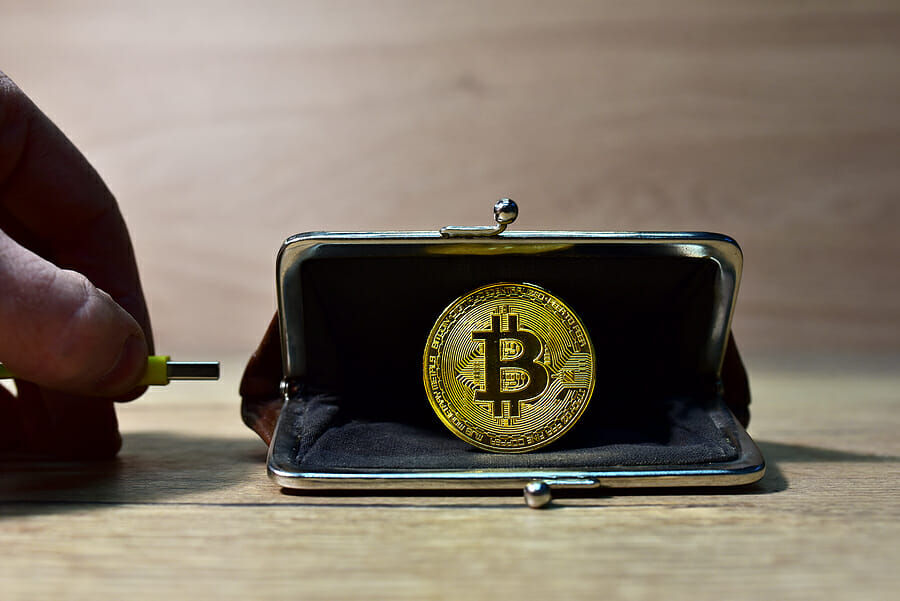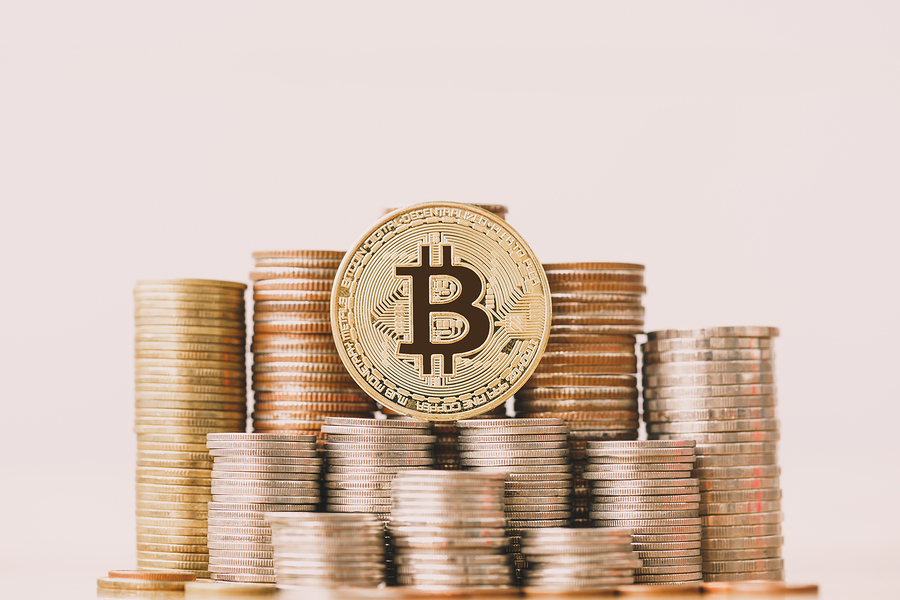A paper wallet is a form of cold storage for cryptocurrencies, consisting of a physical document that contains a public address for receiving funds and a private key for accessing and spending those funds. While paper wallets are considered a secure way to store cryptocurrencies offline, they are not immune to risks. One of the key practices for ensuring the security of your cryptocurrency holdings with a paper wallet is to back it up properly. There are many more concepts to master for enhanced decision-making. The FBC Edge website can connect with an education expert right away.
Understanding the Risks
Paper wallets, despite their advantages, come with their own set of risks. Physical damage, loss, and theft are the primary concerns. Unlike digital wallets, which can be backed up with ease, losing a paper wallet without a backup means losing access to your funds permanently. This makes it crucial to understand the risks involved and take proactive steps to mitigate them.
Best Practices for Backing Up
Backing up your paper wallet is not a one-time task; it requires ongoing maintenance and care. Here are some best practices to consider:
- Multiple Backups: Always create multiple backups of your paper wallet. Store these backups in separate secure locations to ensure that if one is compromised or lost, you have others to fall back on.
- Secure Storage: Use fireproof and waterproof safes or secure deposit boxes to store your paper wallet backups. These locations can protect your backups from physical damage and theft.
- Regular Updates: Regularly update your paper wallet backups to include new transactions or changes in security practices. This ensures that your backups remain current and can be used to recover your funds if needed.
- Encryption: Encrypt your paper wallet backups to add an extra layer of security. This can help protect your backups from unauthorized access.
Paper Wallet Backup Methods
There are several methods for creating paper wallet backups, each with its pros and cons:
- Writing Down the Seed Phrase: One common method is to write down the seed phrase (a series of words that can be used to regenerate the private key) on paper and store it in a secure location. This method is straightforward but requires careful handling to prevent loss or theft.
- Printing Multiple Copies: Another method is to print multiple copies of the paper wallet and store them in different secure locations. This method provides redundancy but also increases the risk of theft or loss.
- Using Metal Plates: Some users opt to engrave their seed phrases onto metal plates for added durability. This method can protect the seed phrase from physical damage but may be more expensive and cumbersome.
Ensuring the Security of Backups
Securing your paper wallet backups is paramount to protecting your funds. Here are some tips to ensure their security:
- Privacy: Keep your backup procedures and recovery instructions private. Avoid sharing them with anyone to prevent unauthorized access to your funds.
- Physical Security: Store your paper wallet backups in a safe and secure location, such as a safe or a secure deposit box. Ensure that these locations are not easily accessible to unauthorized individuals.
Regular Maintenance and Updates
Regularly updating your paper wallet backups is essential to ensure their effectiveness. Follow these tips for maintaining and updating your backups:
- Backup Schedule: Establish a backup schedule and stick to it. Regularly check the integrity of your backups and update them as needed.
- Transaction Updates: Whenever you make a new transaction, update your paper wallet backup to reflect the change. This will ensure that your backup remains current.
Recovering from Loss or Theft
In the unfortunate event that you lose your paper wallet backup or it is stolen, there are steps you can take to recover your funds:
- Use Other Backups: If you have multiple backups, use them to recover your funds. Make sure to update your backup procedures and recovery instructions accordingly.
- Contact Support: Contact the support team of your cryptocurrency wallet provider for assistance. They may be able to help you recover your funds or provide guidance on what steps to take next.
Conclusion
Backing up your paper wallet is a crucial step in securing your cryptocurrency holdings. By following best practices and regularly updating your backups, you can protect your funds from loss or theft. Remember to store your backups in secure locations and keep your backup procedures and recovery instructions private. By taking these steps, you can ensure the security of your cryptocurrency investments.
Image Source: BigStockPhoto.com (Licensed)
Disclaimer
Cryptocurrency products are unregulated and can be highly risky. There may be no regulatory recourse for any loss from such transactions.
The Information on this website is provided for educational, informational, and entertainment purposes only, without any express or implied warranty of any kind, including warranties of accuracy, completeness, or fitness for any particular purpose.
The Information contained in or provided from or through this website and related social media posts is not intended to be and does not constitute financial advice, investment advice, trading advice, or any other advice.
The Information on this website and provided from or through this website is general in nature and is not specific to you the user or anyone else. You should not make any decision, financial, investment, trading or otherwise, based on any of the information presented on this website without undertaking independent due diligence and consultation with a professional broker or financial advisory.
You understand that you are using any and all Information available on or through this website at your own risk.
The trading of Bitcoins, alternative cryptocurrencies has potential rewards, and it also has potential risks involved. Trading may not be suitable for all people. Anyone wishing to invest should seek his or her own independent financial or professional advice.
Related Categories: Cryptocurrency, Reviews







